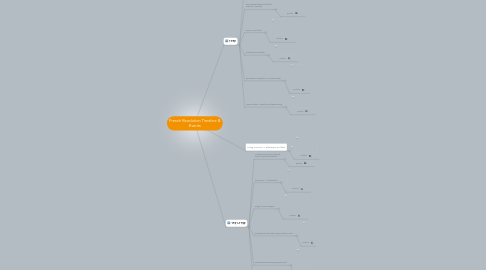
Contacts between diverse groups in Edinburgh, Geneva, Boston, Amsterdam, Paris, London or Vienna were much greater than often appreciated. This took different forms, such as the English ' coffeehouse culture', and extended to areas colonised by Europeans, particularly British North America. Louis XVI, who came to the throne in 1774Īt the same time, discussion of these issues and political dissent had become part of wider European society, rather than confined to a small elite.

External powers like Austria, Britain, and Prussia viewed the Revolution as a threat, leading to the outbreak of the French Revolutionary Wars in April 1792. The next three years were dominated by the struggle for political control, exacerbated by economic depression and social unrest. The Assembly passed a series of radical measures, including the abolition of feudalism, state control of the Catholic Church and extending the right to vote.

In May 1789, widespread social distress led to the convocation of the Estates General, which was converted into a National Assembly in June. The causes are generally agreed to be a combination of social, political and economic factors, which the existing regime proved unable to manage. The values and institutions it created dominate French politics to this day.

Many of its ideas are considered fundamental principles of liberal democracy, while phrases like liberté, égalité, fraternité reappeared in other revolts, such as the 1917 Russian Revolution, and inspired campaigns for the abolition of slavery and universal suffrage. The French Revolution ( French: Révolution française ) was a period of radical political and societal change in France that began with the Estates General of 1789 and ended with the formation of the French Consulate in November 1799.


 0 kommentar(er)
0 kommentar(er)
